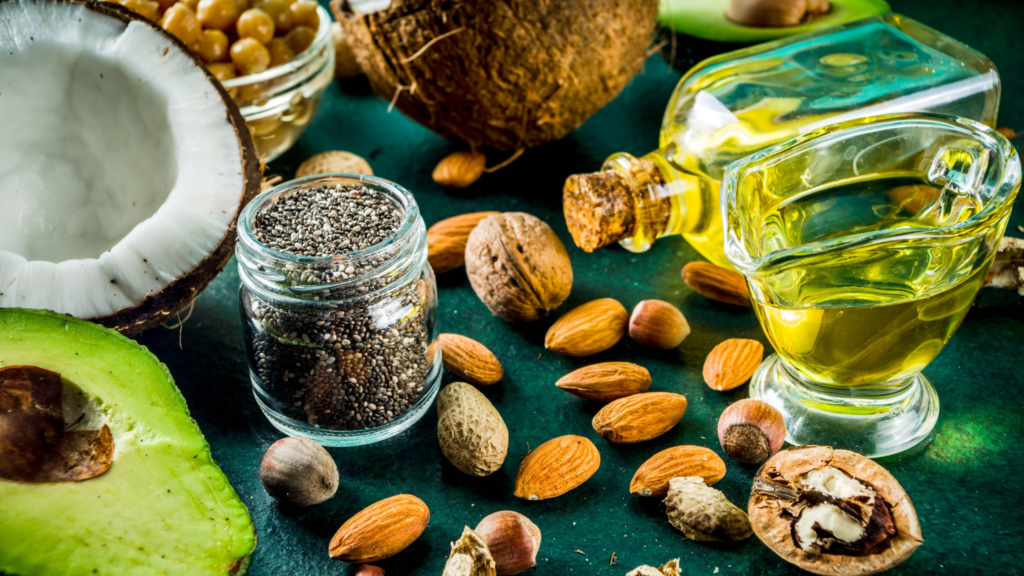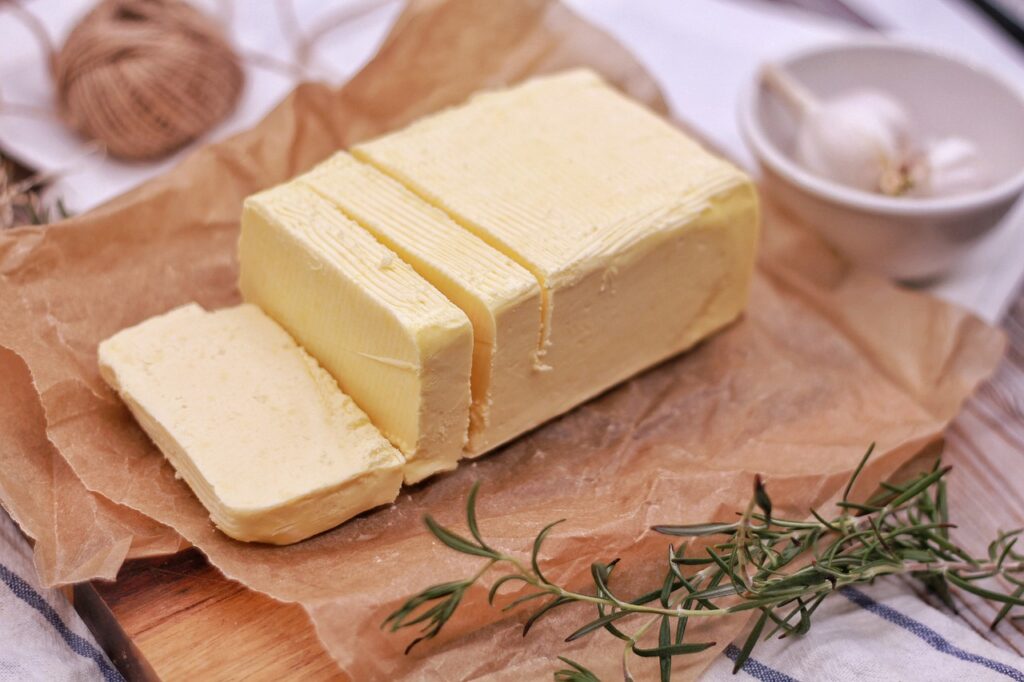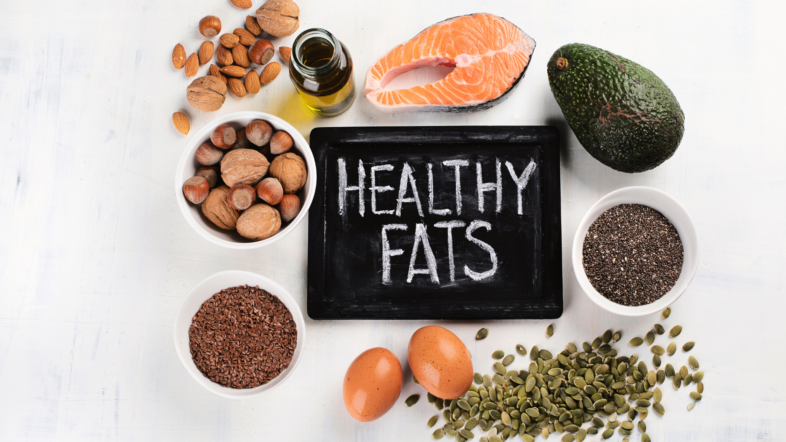This information is aimed at helping you to reduce your fat intake. The average individual eats too much fat, a factor that’s linked to a variety of health problems, including cancer. Diets that are high in fat are associated with breast and colon cancer, with some studies linking high fat to prostate cancer as well.
A majority of people can bring their fat intakes down to a healthy range by making a few adjustments in the way they shop, cook, and prepare the foods they eat.
Now days, it’s getting easier and easier to control the amount of fat you consume. The fat content of foods are now available through the nutrition label and through brochures distributed by food companies and even fast food restaurants.
You can use this information on nutrition to choose lower fat foods by comparing products and food brands. Once you have a rough idea of what a healthy intake of fat is, you’ll know what you can and what you can’t have.

From day to day, the amount of fat you eat will vary. Some meals and some days will be higher in fat than others. Even high fat meals can be kept in line with healthy eating as long as you balance those days accordingly. The average fat intake over the course of weeks and months is important, not the fat intake of every meal and food you consume.
Younger adults and high active adults who have higher calorie needs can probably eat a little more fat. Older adults and those that aren’t very active should aim for a lower fat intake. This way, you can control your fat intake and avoid the many problems that fat is associated with.
Cooking with Oils
Everyone knows the foods to eat that improve health, although how we cook the food can be just as important. With there being so many oils and butter productsclaiming to be the best, it can be quite difficult to know which ones to use and which ones to avoid.
Canola oil
Canola oil is a popular oil, with many physicians claiming that it has the ability to lower the risk of heart disease. The oil is low in saturated fat, high in monounsaturated fat, and offers the best fatty acid composition when compared to other oils.
You can use canola oil in sauting, as a marinade and even in low temperature stir frying. It has a bland flavor, which makes it a great oil for foods that contain many spices. Unlike other oils, this one won’t interfere with the taste of your meal.
Olive oil
Olive oil offers a very distinct flavor with plenty of heart healthy ingedients. The oil is rich in monounsaturated fat, helps to lower cholesterol levels and reduce risk of cancer. It’s also rich in antioxidants and has a very long storage life.
Even though it can be used in cooking, it’s the healthiest when uncooked, such as with a salad or dipping sauce. When you use it with cooking, you should heat it on low to medium temperatures, making sure to avoid high heat.
Butter

Butter is one food that has been around for many, many years. Butter tastes good, and offers sources of Vitamin A and other fat soluble vitamins such as E, K, and even D. Butter is also made from natural ingredients and not chemically or artificially processed.
You can use butter with cooking, baking, or even as a spread. You can also pair it with creamy sauces marinades, baked dishes, or even bread.
Margarine
Margarine was first introduced as an alternative to high fat butter. When it was first created however, it was loaded with trans fat, a substance that we now know raises bad cholesterol.
As a cooking oil, margarine tastes good, it’s lower in fat than most oils and butter, and it’s quite easy to spread. It’s available in a variety of different products and a good source of vitamin E.
When it comes to cooking with oils, there are several at your disposal. There are many more than what is mentioned here, although the ones above are the most popular. Eating healthy involves cooking healthy food – which is where your cooking oil really takes center stage.


